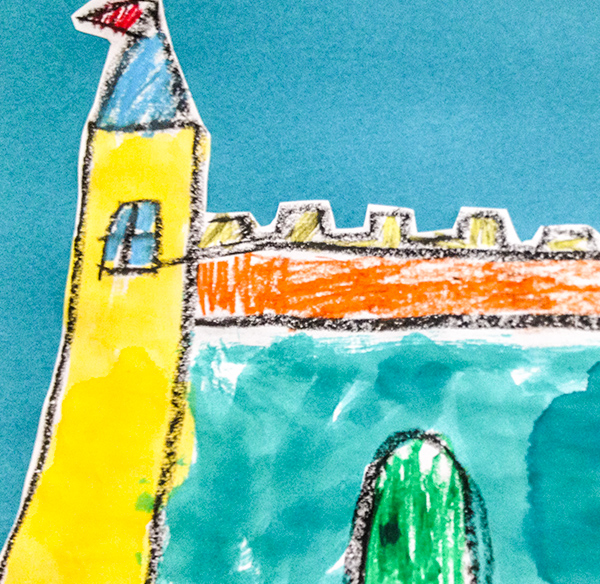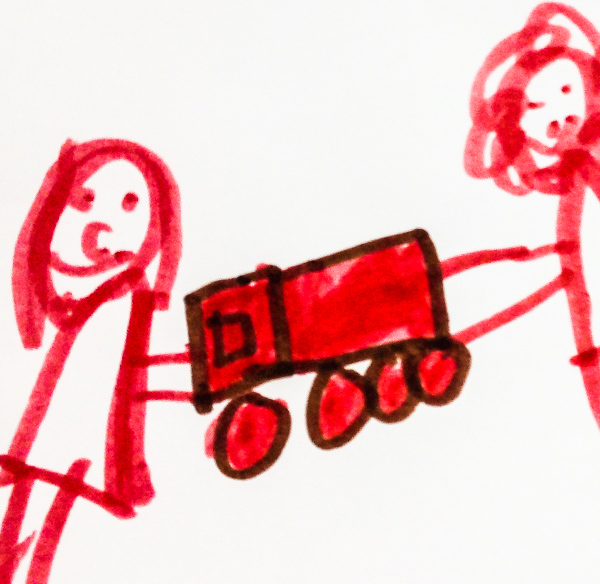We believe that a child’s preschool experience is crucial in that this is where they develop their first feelings about themselves in relation to school, learning and their peers. Children thrive in loving, nurturing environments where they feel safe and free to explore their world through hands-on activities that encourage growth in all areas of development: social/emotional, spiritual, cognitive and physical. We also believe that each child is a unique individual, with their own timing of growth and development and learning style, and that it is through honoring this individuality that children develop self-esteem.
We believe that play is the primary vehicle through which children learn. Through play, children become active thinkers and experimenters, finding out how things work and learning first- hand about the world they live in. Play also develops important “habits of mind” such as persistence, curiosity, creativity and flexibility, which are crucial to a child’s later success in school and life.
Our philosophy comes from the teachings of two renowned psychologists, Jean Piaget and L.S. Vygotsky. According to Piagetian thinking, the child’s interaction with his environment is critical to learning, and emphasizes the importance of the child’s autonomy in the mastery of the environment. Vygotsky’s theory stresses that motivation for learning comes from the social relationship between the child and his teacher, and also from his peers. This theory also highlights the importance of language in relation to the child’s cognitive development. Vygotsky’s theory encourages teachers to carefully question and comment on children’s play in such a way that keeps play at a high and productive level, and gently nudges development forward.


